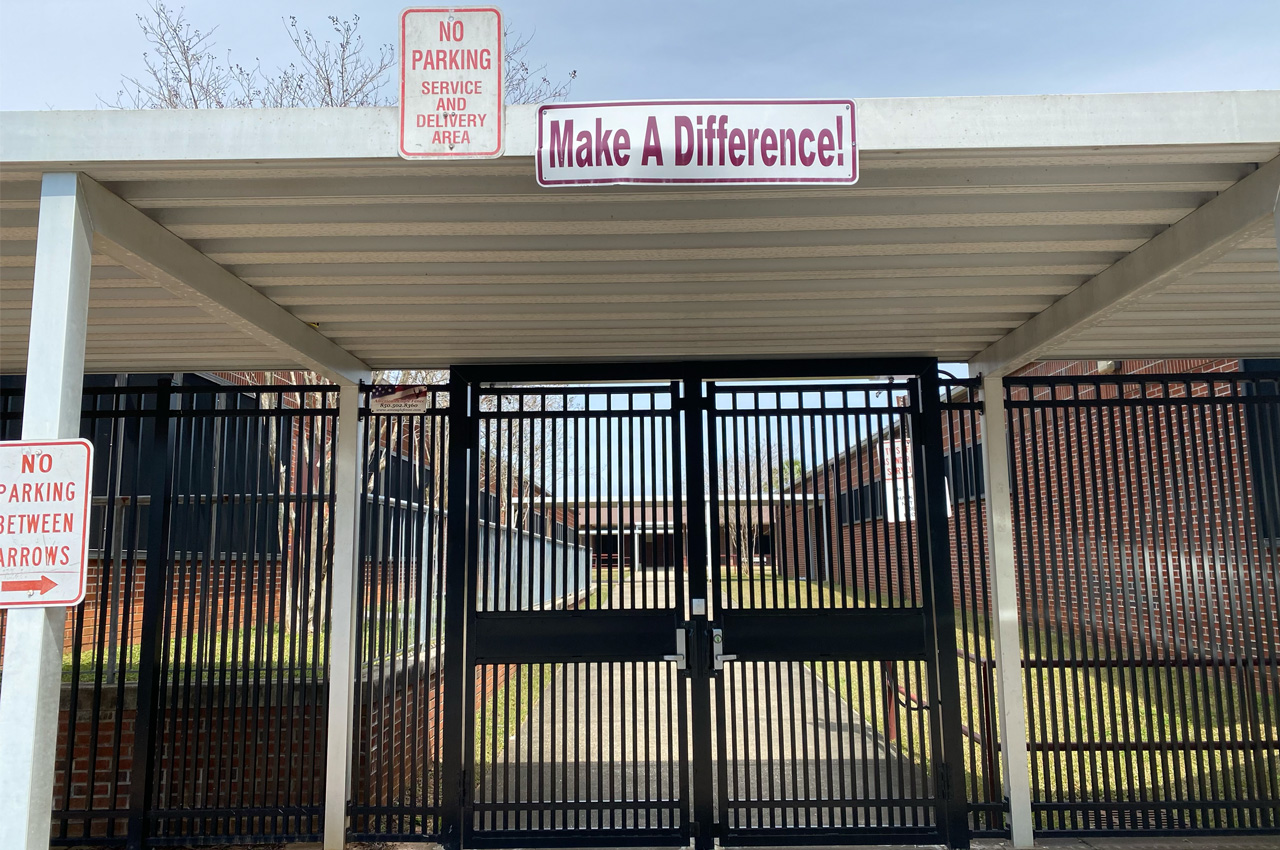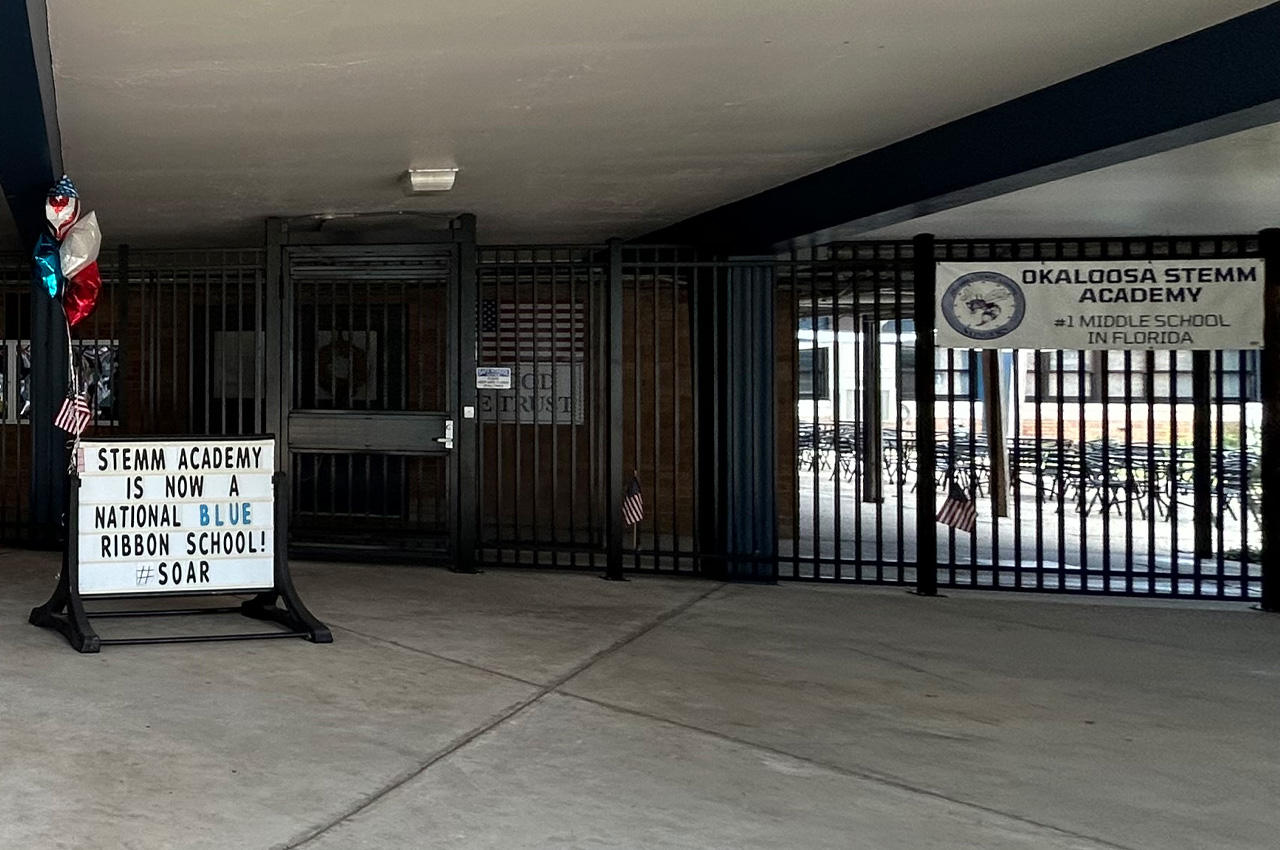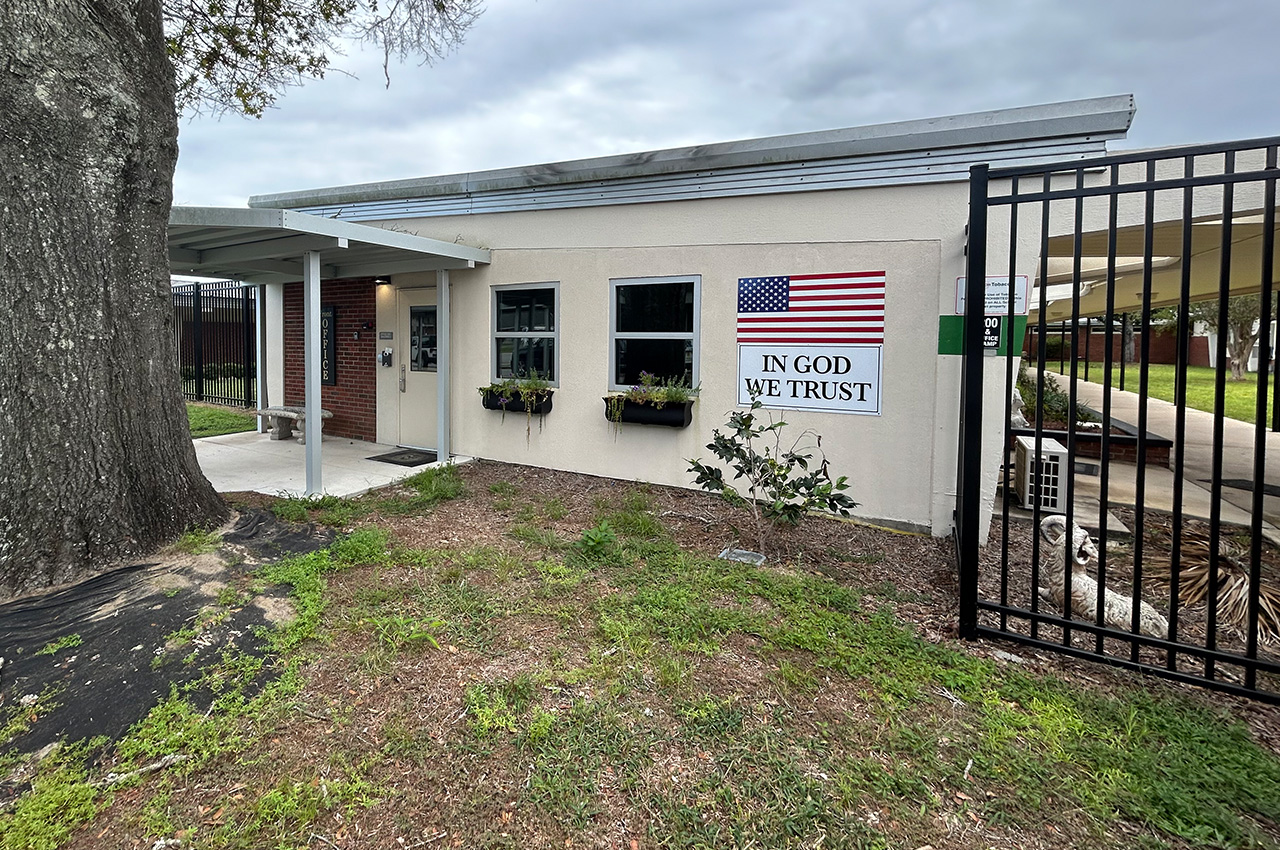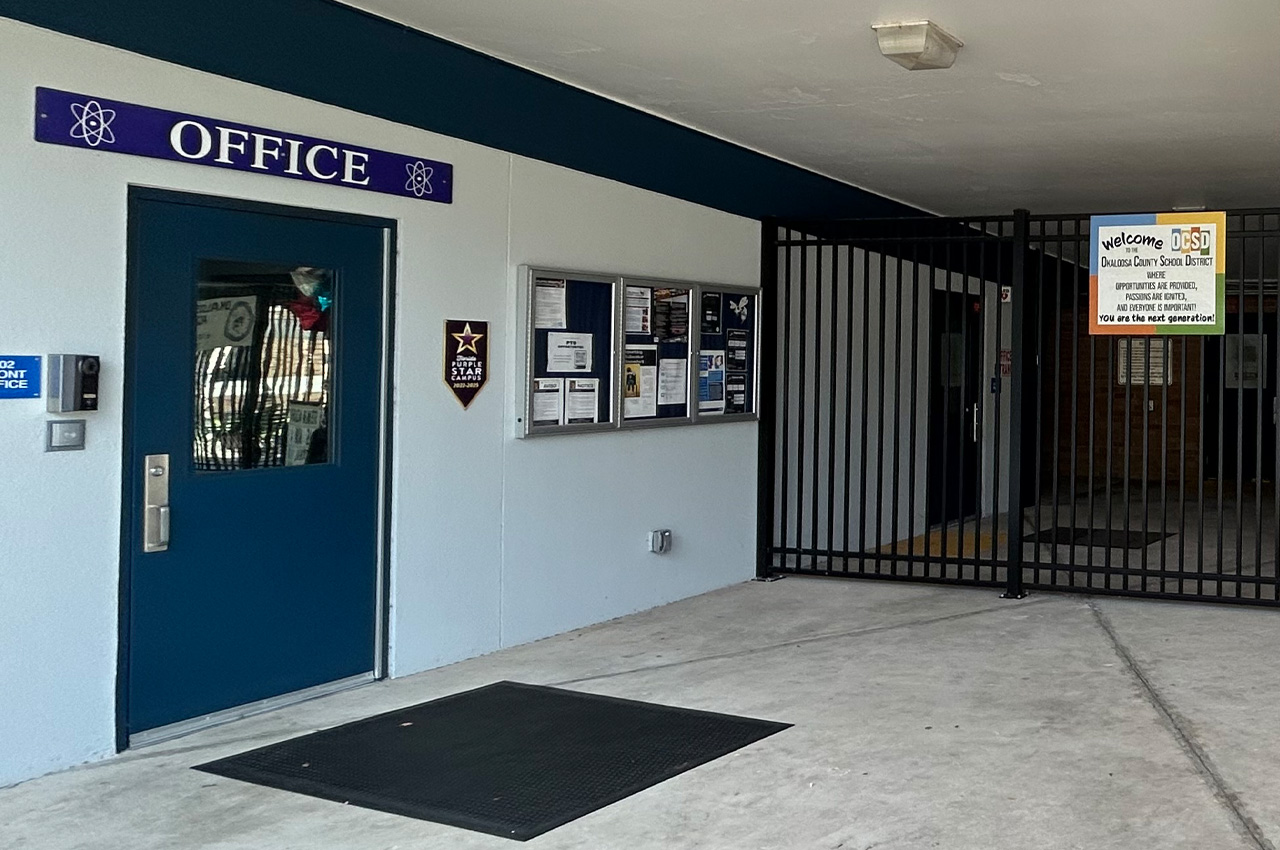The Okaloosa County School Board received an update on new school safety requirements at its August 12 meeting, as the district works to implement recently passed state legislation.
- Danny Dean, the district’s school safety specialist, outlined changes stemming from House Bill 1473, signed into law by Governor DeSantis on May 6. The bill focuses on tightening access control at schools and enhancing compliance requirements.
A key change requires all gates and access points to school campuses to be closed and locked when students are present, including during after-school activities. Exceptions are allowed for staffed entry points or those covered by shared use agreements.
“This is going to look different, especially after school hours,” said Superintendent Marcus Chambers. “Picking up your child from practice may be different than before.”

The legislation also mandates that classroom doors remain closed and locked during instructional time. Dean noted this has already been district practice for several years.
In addition to access control measures, Dean highlighted changes to the Guardian program. The new legislation allows certified law enforcement officers who have recently retired to become school guardians without completing the full 144-hour training program.
- “Law enforcement officers that still have their certification can become guardians without having to go through the complete 144 hours of training,” Dean explained.
There are also new requirements for safe school officers. Dean noted, “Our responsibility now in that contractual agreement that we have with the sheriff’s office is identifying who is responsible for maintaining the training records of those deputies.”
Board members expressed concerns about staffing and logistics, particularly for after-school events. “It’s going to be challenging,” said board member Linda Evanchyk. “We just don’t have the employees to cover those doors.”
Dean will provide quarterly compliance reports to the board, though some details may be withheld from public discussion for security reasons. Board member Tim Bryant suggested these reports might be best discussed in closed sessions.

The district conducted extensive reviews over the summer to determine which access points could be exempted from the new requirements.
- “Every exemption that was done meant that somebody from our office had to go out, physically look at that door, provide a detailed description of that door, photograph that door, write a report on that door, do an exemption on that door, and then submit that door to the Department of Education in the database,” Dean explained.
John Spolski, Assistant Superintendent, added, “Mr. Dean and his staff completed those exemptions last week before school started just to be sure that we were all ready and buttoned up before we brought our students on campus.”
The District said they are working to balance safety needs with practical school operations. “Our administrators did a phenomenal job looking at this at a macro level for their campus,” Dean said. He noted that many principals were able to reduce the number of doors needing exemptions by adjusting student routes within schools.

The new law also requires annual instruction for students on the proper use of the FortifyFL reporting tool within the first five days of the school year. Dean explained that the district has created age-appropriate instructional materials for both elementary and secondary students.
- While acknowledging implementation challenges, board member Tim Bryant expressed optimism: “I truly believe that because of our leadership…we’ll be able to take this and make it work.”
Superintendent Chambers emphasized the district’s proactive approach to safety, noting they were “three years ahead of schedule” on implementing single-point entry and perimeter fencing due to a half-cent sales tax.
As the district moves forward with these new requirements, Chambers acknowledged that there may still be questions to be answered. “There’s probably more questions and answers, and some of that is to be expected with new legislation,” he said, emphasizing the importance of ongoing communication with families about the changes.






